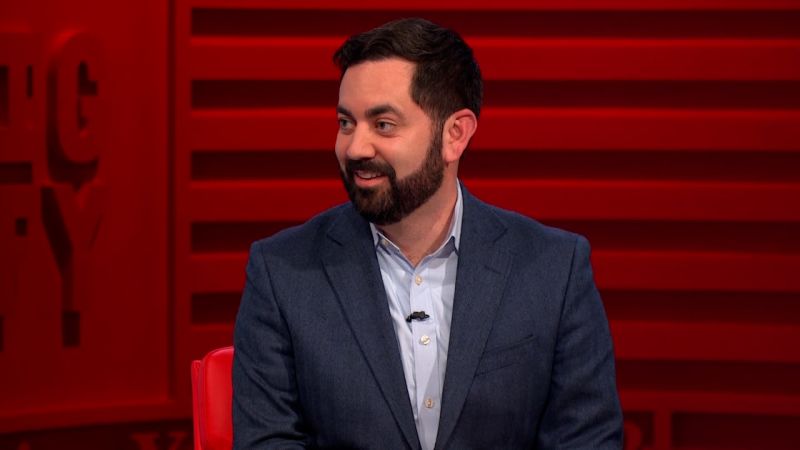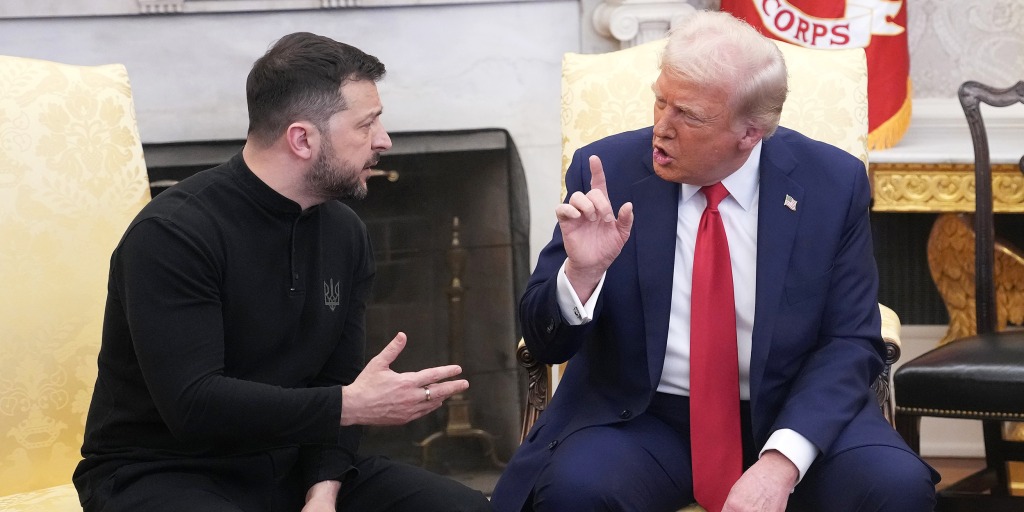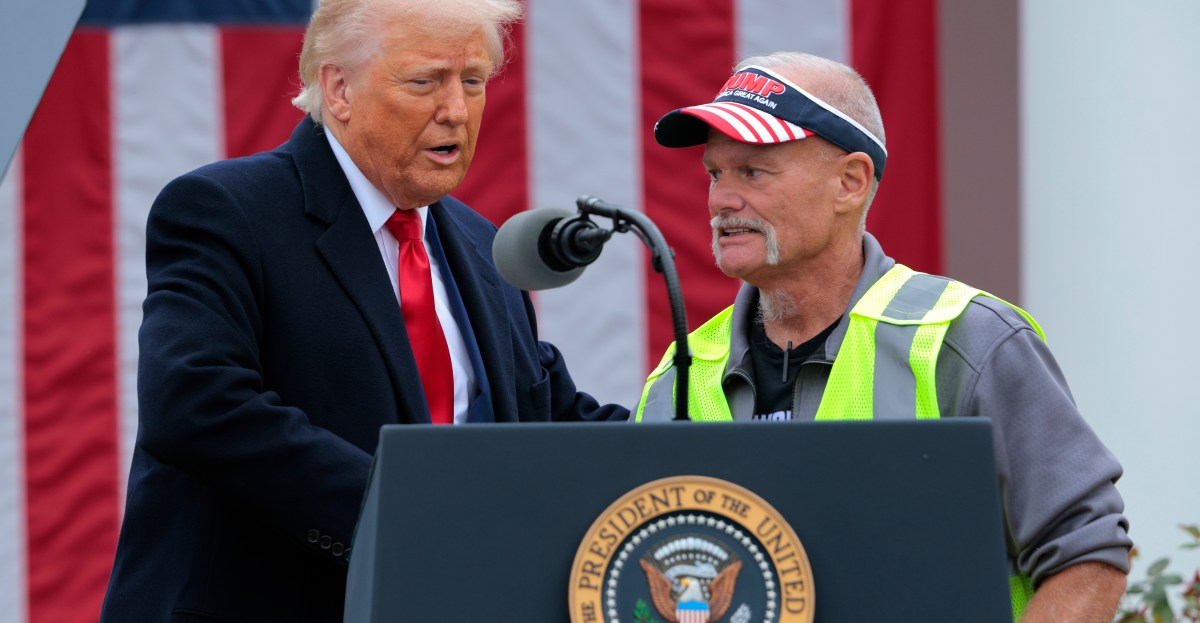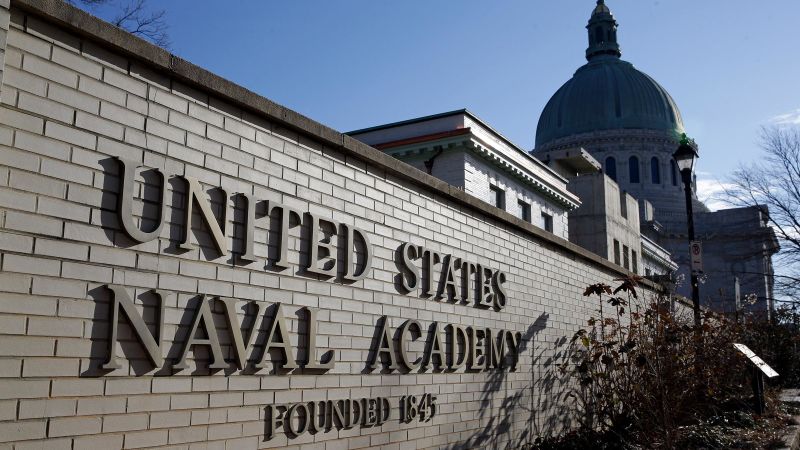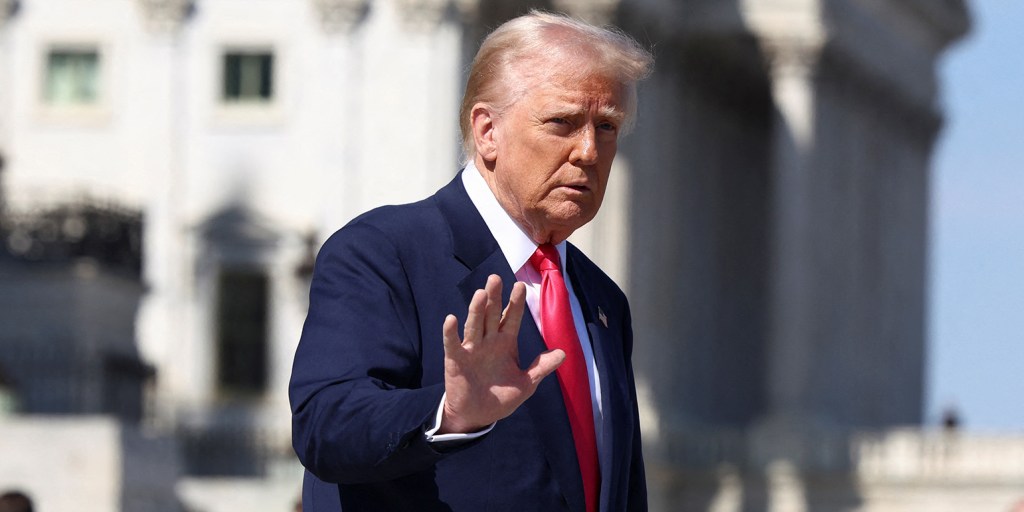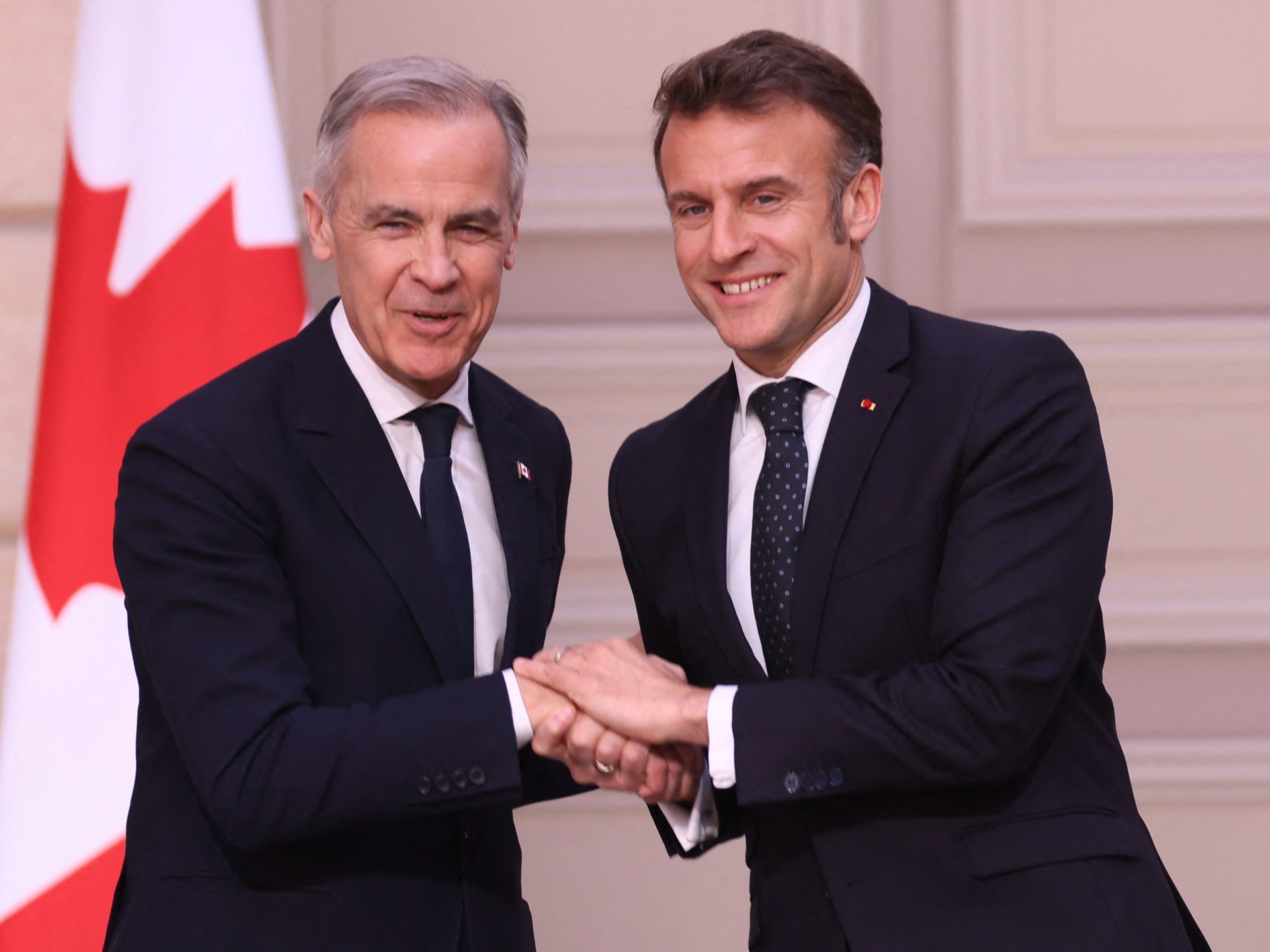When Life and Death Collide: How Terri Schiavo's Legacy Reshaped America's Moral Landscape
Politics
2025-03-31 10:41:35Content

The Terri Schiavo case became a watershed moment in American medical ethics and political discourse, igniting a passionate national debate about patient rights, end-of-life decisions, and the complex boundaries between personal autonomy and family intervention. Her prolonged vegetative state transformed a private family tragedy into a highly publicized legal and moral battleground that continues to reverberate through political and medical circles today.
For years, Schiavo's husband and parents waged a bitter legal struggle over her fate, with her husband arguing for the removal of her feeding tube based on her previously expressed wishes, while her parents fought desperately to keep her alive. The case drew unprecedented national attention, ultimately reaching the highest levels of government, including interventions by Florida's legislature, the U.S. Congress, and even then-President George W. Bush.
The controversy exposed deep philosophical and ethical divisions in American society, challenging fundamental questions about quality of life, medical decision-making, and the right to die with dignity. More than a decade after her death, the Schiavo case remains a powerful symbol of the ongoing tension between personal choice, medical ethics, and political ideology.
The Schiavo Saga: A Landmark Ethical Battleground in Medical Decision-Making
In the annals of American medical and legal history, few cases have captured the national consciousness and ignited such profound ethical debates as the Terri Schiavo controversy. This extraordinary narrative transcended mere legal proceedings, transforming into a complex intersection of medical ethics, personal autonomy, family dynamics, and national political discourse.When Personal Tragedy Becomes a National Ethical Dilemma
The Medical and Legal Landscape of Life Support
The Terri Schiavo case emerged as a pivotal moment in understanding the intricate boundaries between medical intervention, personal choice, and familial rights. Her prolonged persistent vegetative state became a crucible for examining the most fundamental questions about human life, medical ethics, and the right to die with dignity. Medical professionals and legal experts found themselves navigating unprecedented ethical terrain, where scientific understanding collided with deeply held personal and religious beliefs. Neurological assessments revealed extensive brain damage that fundamentally challenged traditional definitions of consciousness and human experience. Schiavo's condition prompted unprecedented medical and legal scrutiny, forcing healthcare professionals and judicial systems to confront complex questions about quality of life, patient autonomy, and the limits of medical intervention.Family Conflict and Judicial Intervention
The legal battle between Terri Schiavo's husband Michael and her parents created a microcosm of broader societal tensions surrounding end-of-life decisions. Their conflicting perspectives represented deeper philosophical divisions about medical decision-making, personal autonomy, and the role of familial intervention in critical healthcare choices. Judicial proceedings became an arena for exploring nuanced legal principles, with multiple court levels examining the case's intricate medical and ethical dimensions. The prolonged legal struggle highlighted systemic challenges in resolving deeply personal medical controversies within a structured legal framework.Political Ramifications and National Discourse
The Schiavo case transcended individual tragedy, becoming a catalyst for national political dialogue about medical ethics, personal rights, and governmental intervention. Political figures from various ideological backgrounds seized the opportunity to articulate their perspectives, transforming a personal medical situation into a broader philosophical debate. Conservative and religious political actors viewed the case through a lens of sanctity of life, while progressive voices emphasized individual autonomy and the right to make personal medical decisions. This polarization reflected deeper societal fractures around fundamental ethical principles.Medical Ethics and Technological Complexity
Advances in medical technology have exponentially increased the complexity of end-of-life decision-making. The Schiavo case illuminated the challenges of applying traditional ethical frameworks to increasingly sophisticated medical interventions. Neurological understanding, life support technologies, and ethical guidelines continue to evolve, creating ongoing challenges for medical professionals, legal systems, and families. Neurological research has since expanded our comprehension of consciousness, persistent vegetative states, and the nuanced spectrum of human cognitive experience. The Schiavo case served as a critical inflection point in this ongoing scientific and philosophical exploration.Long-Term Cultural and Legal Impact
The legacy of the Terri Schiavo controversy extends far beyond its immediate circumstances. It catalyzed significant conversations about advanced medical directives, patient autonomy, and the complex intersection of personal, medical, and legal domains. Healthcare institutions, legal frameworks, and societal attitudes have been profoundly influenced by the ethical questions raised during this landmark case. Subsequent legislative efforts and medical guidelines have been shaped by the profound ethical discussions initiated by the Schiavo saga, demonstrating the case's enduring significance in American medical and legal discourse.RELATED NEWS
Politics
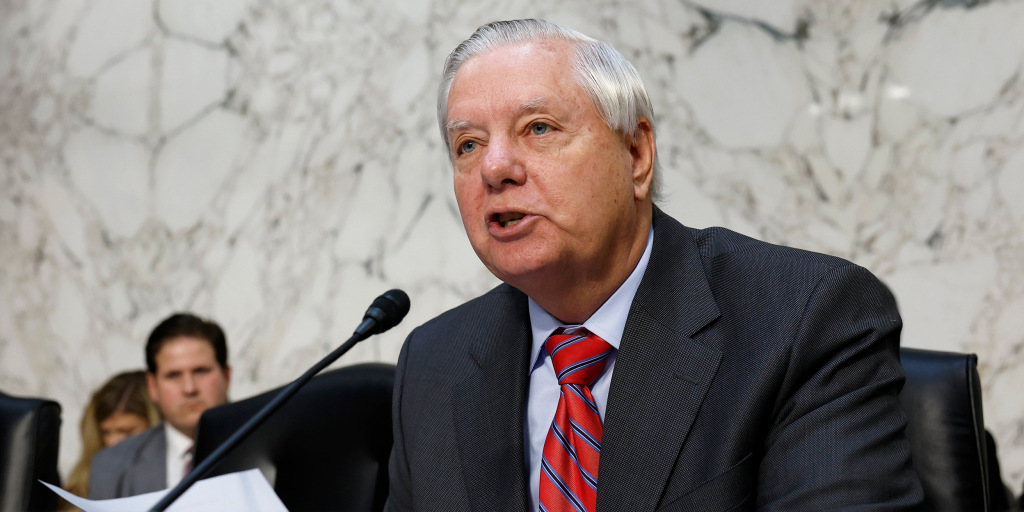
Graham Warns: Halting Ukraine Aid Could Spark Geopolitical Catastrophe Worse Than Afghanistan Pullout
2025-03-09 17:51:44
Politics
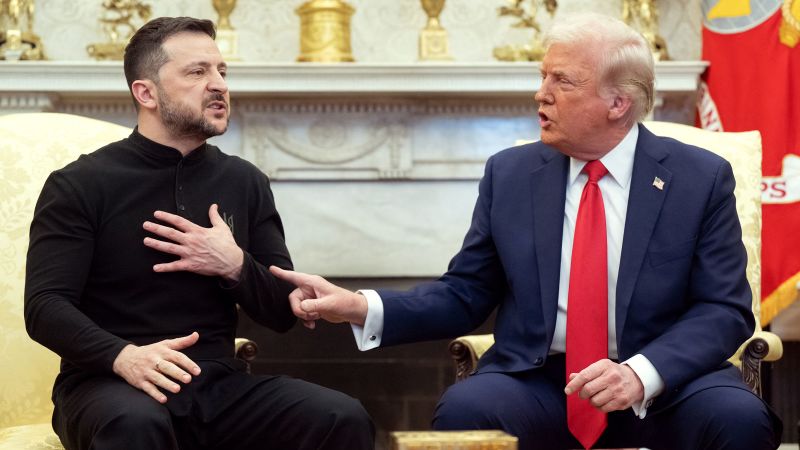
Behind Closed Doors: Trump's Fury Meets Ukraine's Crisis as National Security Team Plots Next Move
2025-03-03 18:48:15
Politics
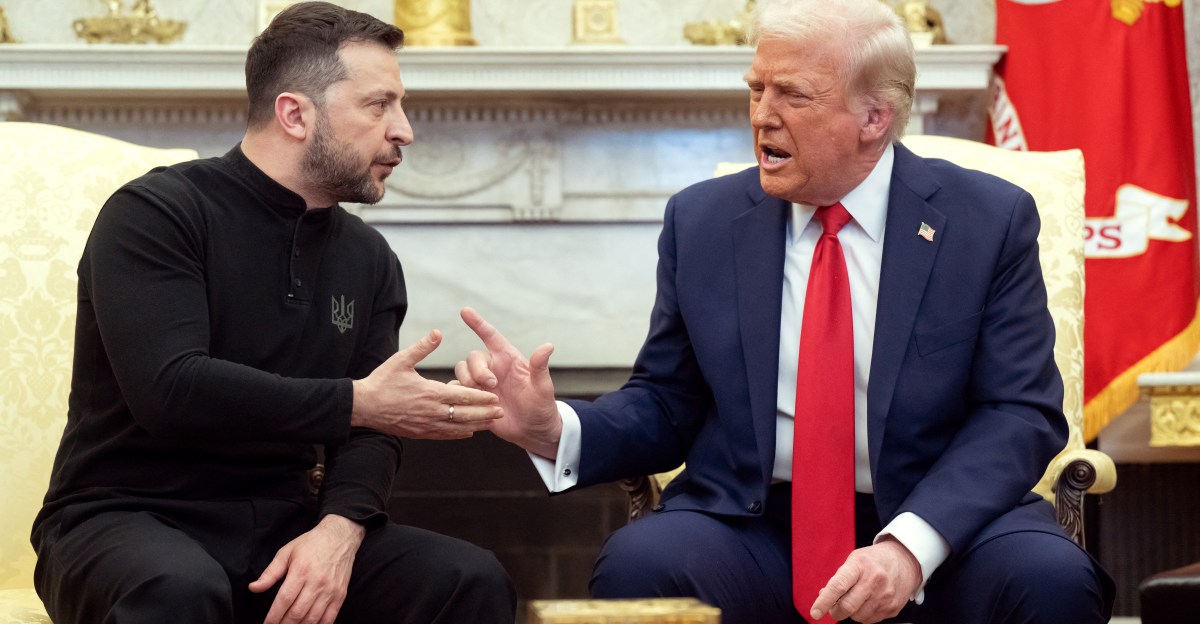
Trump's Power Play: Zelenskyy Caught in the Crosshairs of Political Humiliation
2025-03-02 00:50:00
